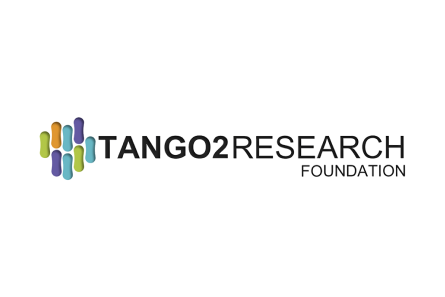TANGO2 Research Foundation
TANGO2 deficiency disorder is a rare genetic disorder caused by variants in the TANGO2 gene. TANGO2 deficiency is characterized by developmental delay, intellectual disability, gait incoordination, speech difficulties, seizures, and hypothyroidism. Most individuals have TANGO2 spells, non-life-threatening paroxysmal worsening of baseline symptoms, including sudden onset of hypotonia, ataxia with loss of balance, head and body tilt, increased dysarthria, drooling, lethargy, and disorientation. In addition, life-threatening acute metabolic crises can occur, including rhabdomyolysis with elevated creatine phosphokinase and liver transaminases, hypoglycemia, prolonged QTc on EKG, ventricular arrhythmias, and/or cardiomyopathy.
Last updated 04/30/2025
